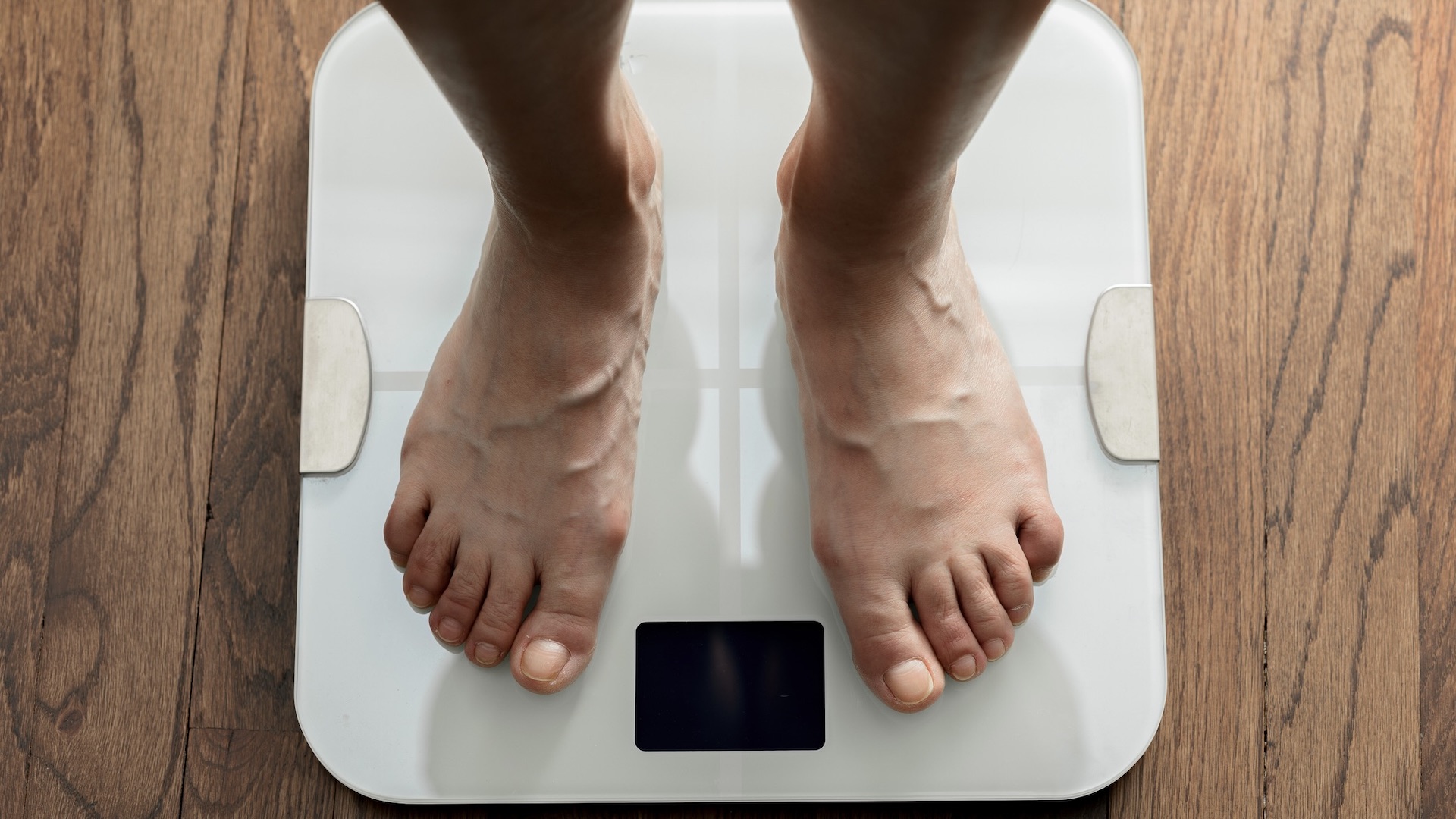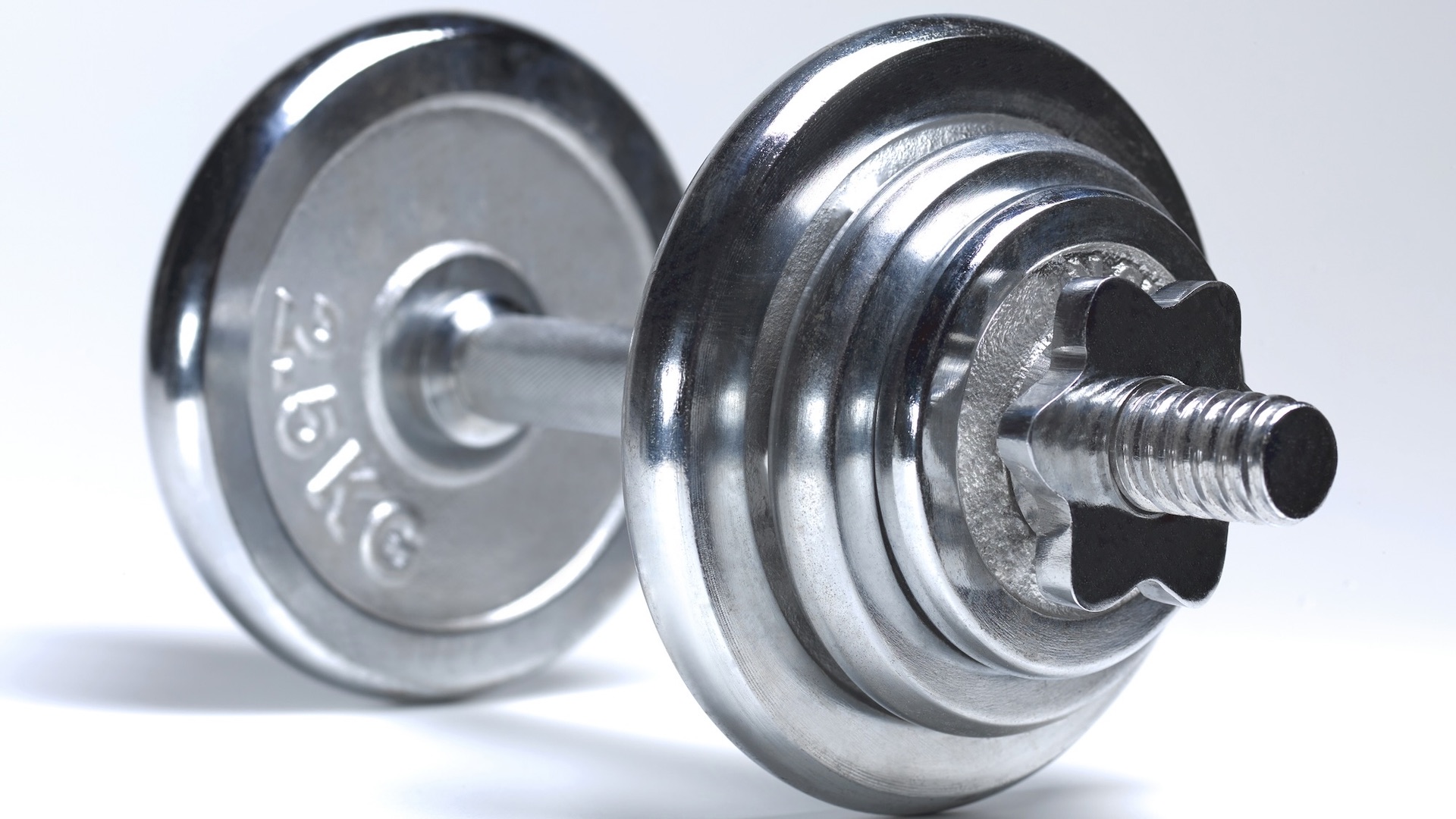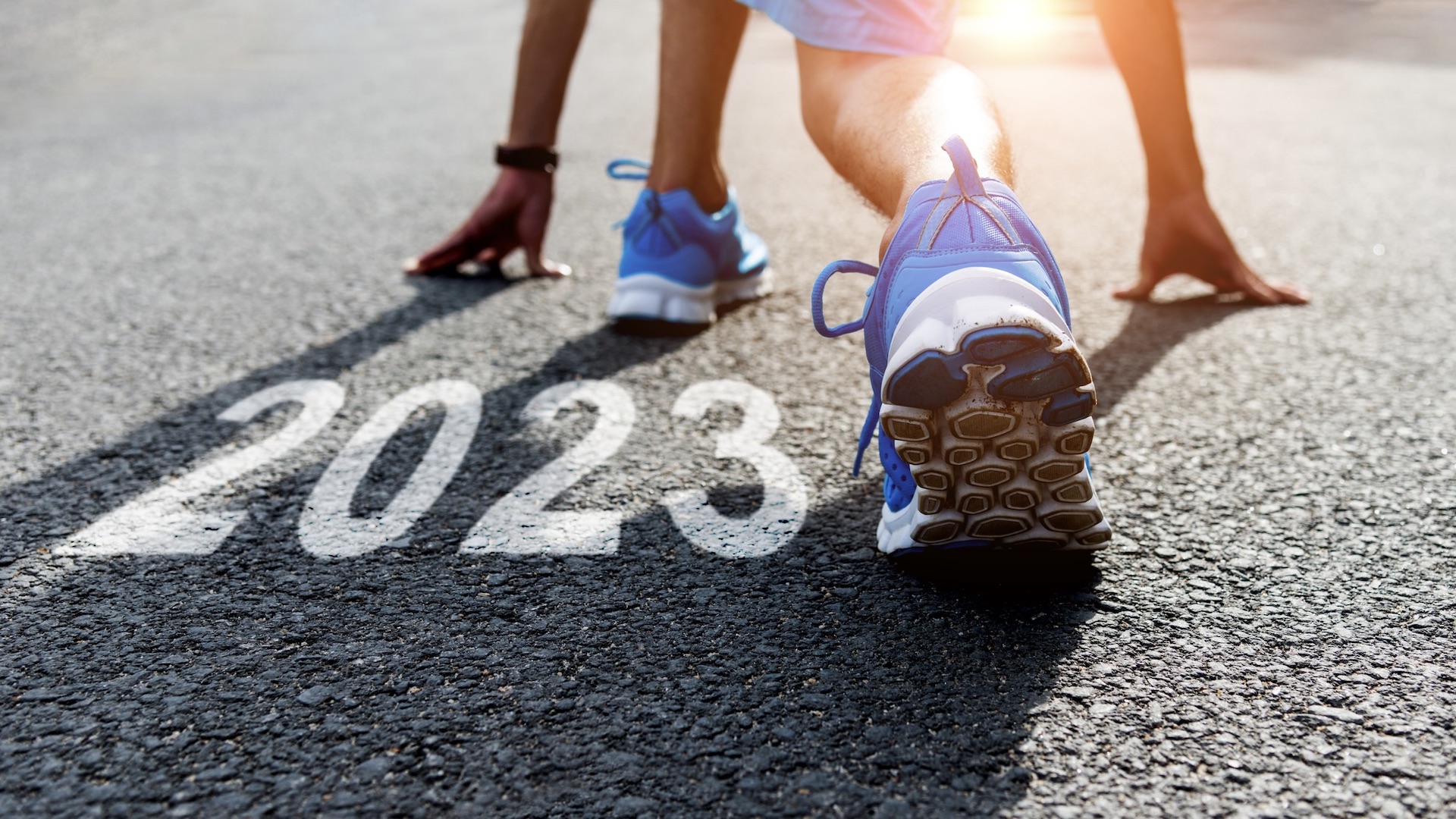Will losing weight make you run faster?
Expert advice on the balance of diet, weight loss and running performance

All the latest inspiration, tips and guides to help you plan your next Advnture!
You are now subscribed
Your newsletter sign-up was successful
The simple answer to the question will losing weight make you run faster is, “Yes." But – and there is a big but, here – there is a lot more to consider than simply losing weight, plus the health and science experts offer warning as to why you should be cautious about weight loss for faster running times.
Running coach Lewis Moses says: “Generally speaking, losing weight could help you to run faster, however, it is not the only factor that should be considered when trying to improve your running performance."
Lewis, the founder of New Levels Coaching and running advisor for compression brand CEP, explains further: “When you run, your body has to carry its own weight along with the force generated by your movement. Therefore, if you are carrying extra weight, it can make running harder and ultimately slow you down.
“What this means is that losing weight can reduce the load on your body and make it easier to run faster. Additionally, if done safely and correctly, losing weight can improve your body composition by reducing body fat and increasing muscle mass. This can help improve your running efficiency, allowing you to run faster and potentially longer.”
Indeed, another expert James Bickerstaff, a personal trainer at OriGym, points to recent research that found, on average, runners will be two seconds faster per mile for every pound in weight lost. More specially, the study showed that when five to 10 per cent of a runner’s body mass is reduced, performance improved 2.4 seconds per mile.
James adds: “While this research is obviously somewhat subjective to previous experience and existing running ability, the stats do show that weight has some influence on your speed.”
Tori Waight, a double Ironman 70.3 World Championship qualifier and general manager at Fitness First Basingstoke, also makes the point that losing weight, especially excess weight, can have other benefits
All the latest inspiration, tips and guides to help you plan your next Advnture!
She says: “If you lose excess weight this will also have a positive impact on your joints and the impact of running on the body. It can make it feel more comfortable and will save you the cost of buying new shoes regularly due to increased downwards force.
“Studies have suggested that the downwards force is two to three times your body weight. For example, if you’re 80kg, that's potentially 240kg of pressure per foot strike, so the lighter you are, the less stress there will be on heels, shins, knees, hips and back etc.”

Weight loss for runners: the negatives
If weight loss is not done in a healthy and controlled way, or it is done to extremes, it can lead to poor outcomes and even dangerous consequences.
James says: “For example, weight loss, if too extreme, can cause decreased energy, fatigue and loss of muscle mass, all of which will naturally have negative effects on running performance.
“In addition to this, another side effect of nutrition deficiencies include weakened bones. We should keep in mind that running is a high impact sport and puts a great deal of pressure on joints, including knees and ankles, and having weak bones will increase the risk of injury.”
Lewis also warns of the condition called RED-S (Relative Energy Deficiency in Sport). He says: “RED-S is a syndrome of poor health and declining athletic performance that happens when athletes do not get enough fuel through food to support the energy demands of their daily lives and training. Therefore, trying to lose weight can be very risky if not managed correctly.”
Claudia Kwayosa, a certified fitness trainer with Glow Bar London, advises: “Although weight loss makes you run faster, I advise people to do it in a safe and healthy way. Losing weight in an extreme way can have the opposite effect.
“Not getting enough nutrients means you won't have the energy to sustain you even when doing light exercises.
“I recommend that runners consult a nutritionist who can advise on the healthy weight to lose based on your height, age and metabolism.”

Healthy way to run faster
Lewis offers some nutritional tips for healthier ways to think about diet and running:
Be happy with food: Runners should aim to develop a good relationship with food. Don't cut out all the things that you enjoy, but look at ways in which you can continue to enjoy your food, while getting the balance right.
A balanced plate of food is a good plate of food. Carbs have a bad reputation in the fitness world and they shouldn't, especially when it comes to running. Carbs are your friend, but so are proteins and fats. It's all about getting the right balance and finding the right balance for you and your goals.
Health comes first, performance second: Make sure you prioritise your health first, ensuring that you have enough energy so that you don't put yourself at unnecessary health risks. Once you feel you've developed good, healthy eating habits, then start to focus more on the performance.

There there’s glucose for better running performance
There is another aspect to consider when runners try to lose weight to improve performance and that is glucose. Dr David Lipman, a marathon runner and director of applied science at Supersapiens, explains: “When it comes to running, the notion that lighter is faster may be true if all else is equal, but it usually isn’t.
“As we know one issue of weight loss can be under-fuelling, but, more specifically, how this negatively affect glucose levels. Runners need to ensure that glucose levels don’t go too low overnight, during training, or in the hours after training when the body benefits from recovery.
“Studies, as well as athletes that I have worked with, have reported seeing depressed glucose levels in periods of under-fuelling, or significant training load increases, and, similarly, they have reported improved body composition when fuelling their training appropriately.”
Dr Lipman recommends that runners have full visibility of glucose levels by using monitoring methods, such as the Supersapiens app, which allows people to manage their diet to achieve weight loss and improved performance.
He says: “With knowledge of your live glucose levels you can learn how to manipulate your diet to lose weight without impacting health and running performance."
He further explains: “Performance in training and recovery from training are crucial to a good race day performance. These two factors are driven by appropriate fuelling, among other factors, and live glucose can give feedback on past strategies.
“For example, 'Did I eat enough before this run?', as well as current needs, such as considering whether glucose is dropping and therefore I should increase my fuelling.
“With stable glucose as the strategy or goal, there will almost certainly be a reduction in ultra processed foods, which are a key driver of weight gain. While many people know what a healthy diet looks like, the power of immediate feedback can’t be overstated in comparison to nothing, or significantly delayed feedback, such as noticing a body mass change over three or more months.”
What’s your running distance?
It’s also important to consider the running event that you are training for, or what your overall goal is, when considering weight loss.
As Lewis says: “For example, runners who are competing on the track, such as in sprint events, will be hoping to build more muscle mass to try to increase power and strength. This is because their main focus is around improved speed over shorter distances.
“That would be very different to endurance runners, who are looking to run marathons or ultras, who still need to be strong, but wouldn't want to carry that same mass around the longer distances.
“Strength training is still important for endurance runners and when performed correctly, it's very unlikely endurance athletes will 'bulk up' mainly due to their running volume. Therefore, don't be afraid to condition the body for the longer distances, as this will help you to tolerate longer running volumes.
Think: strong not thin
A better way to look at weight and running is summed up by Lewis, who says: “I would say that thin does not equal fast. In my opinion, strong equals fast.
"By building a stronger running body you are more likely to stay injury free, which will allow you to do more training, which will in turn help you to lose weight, if that is one of your goals.”
This article is part of Advnture's Trail Running Week 2023 (running from Monday 27 March to Sunday 2 April), our in-depth look at how to train smarter, choose the right gear, and have fun when things get muddy.

Fiona Russell is a widely published adventure journalist and blogger, better known as Fiona Outdoors. She is based in Scotland and is an all-round outdoors enthusiast with favorite activities including trail running, mountain walking, mountain biking, road cycling, triathlon and skiing (both downhill and backcountry). Aside from her own adventures, Fiona's biggest aim is to inspire others to enjoy getting outside and exploring, especially through her writing. She is also rarely seen without a running skort! Find out more at Fiona Outdoors.
